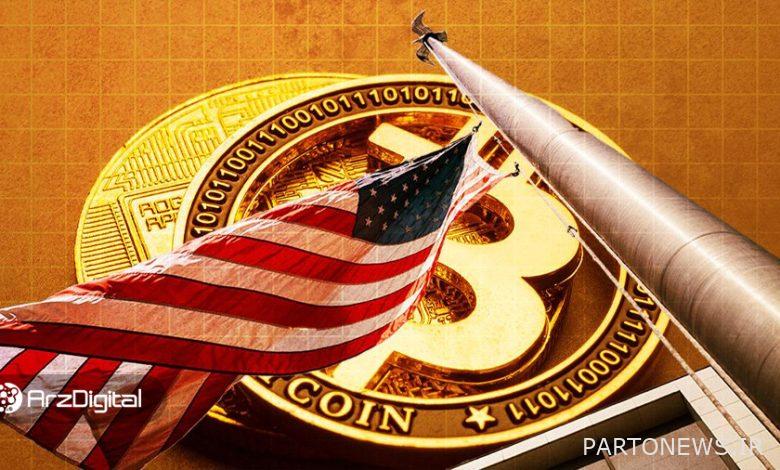New York Federal Reserve: Bitcoin can be an alternative to gold

From the point of view of macroeconomics, developments that directly or indirectly affect the current and future interest rates should also affect the prices in the digital currency market. However, the latest report from the New York Federal Reserve shows that unlike other assets, Bitcoin does not react to macroeconomic news in a surprising way.
To Report In its latest report, “Bitcoin and the Macroeconomy Disconnect,” CryptoSleet, the New York Federal Reserve said on February 9 that Bitcoin has most of the characteristics of a store of value asset compared to precious metals such as gold, but It can never replace the US dollar due to price fluctuations.
Using a quantitative research method known as “principal component analysis,” the researchers of the report compared the price of Bitcoin alongside daily changes in money market futures settlement rates in the 30-minute and one-hour time periods before and after the committee’s scheduled announcements. The Federal Open Market examined.
The report, which examines the effects of monetary and macroeconomic news on the price of Bitcoin, confirms the comments of Federal Reserve Chairman Jerome Powell in 2021, who said:
Cryptocurrency prices fluctuate wildly… these assets are more speculative. Therefore, they cannot specifically be used as a means of payment. Bitcoin is also a speculative asset and is essentially a substitute for gold rather than the dollar.
The New York Federal Reserve’s new report builds on Powell’s analysis, which argues that bitcoin prices are not correlated with macroeconomic news releases.
The most important result is that Bitcoin behaves independently of all the macroeconomic news we examined except the inflation rate. This behavior is in stark contrast to other assets such as gold, silver, the S&P 500 index and various bilateral exchange rates that we used for comparison. Except for Bitcoin, all traditional assets react to macroeconomic news with a large and significant economic correlation coefficient.
The report reiterated the long-held belief in some watchdog circles that bitcoin is a speculative asset, adding that bitcoin’s price action tends to reflect only news about the future of monetary policy, such as the Federal Open Market Committee’s comments on interest rates and inflation. to follow A behavior that seems to have baffled researchers.
For example, an unexpected increase in US inflation can lead to higher production costs for exports and make a country’s products more attractive in the world market. According to the researchers, this may cause a devaluation of the country’s currency, which should theoretically be related to an increase in the value of Bitcoin.
But the evidence of this research was not conclusive enough to prove this theory.
However, if a short-term increase in interest rates by the Federal Reserve to combat inflation could lead to an increase in the value of the US dollar, that would potentially give a temporary boost to the price of Bitcoin.
In its report, the New York Federal Reserve has compared the reaction of the price of Bitcoin in 30-minute and one-hour intervals during the release of important macroeconomic news with major fiat currencies such as the Japanese yen, the euro, the US dollar, and the British pound.
Surprisingly, the Fed found that Bitcoin was not affected by monetary or macroeconomic news. However, the central bank admitted that more research is still needed to understand the lack of correlation between bitcoin prices and macroeconomic factors and to better understand these preliminary results.
This report writes in its summary:
We find that Bitcoin does not react to monetary and macroeconomic news. It is not easy to understand, especially when we find that Bitcoin does not react to monetary news; Because the role of bank discount rates in Bitcoin pricing has caused doubts.

